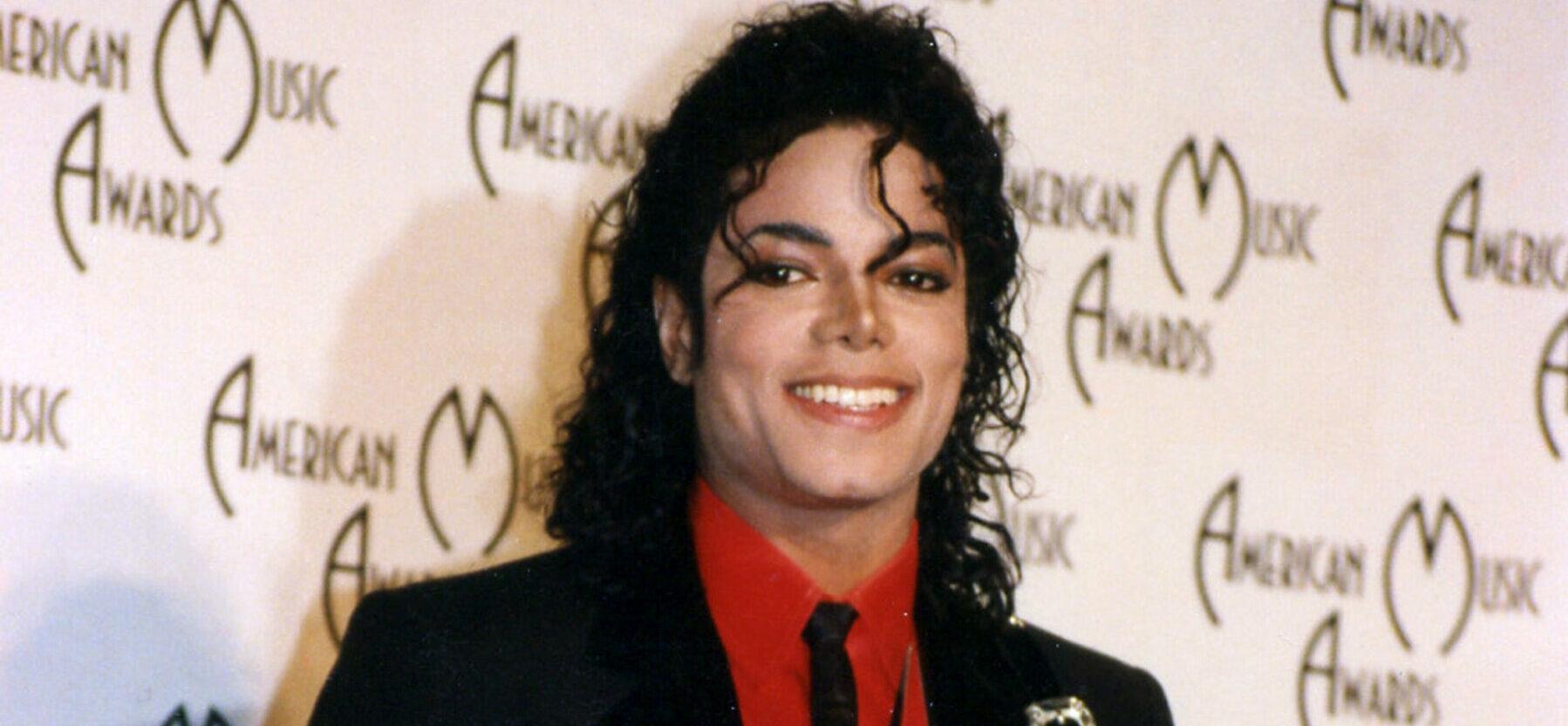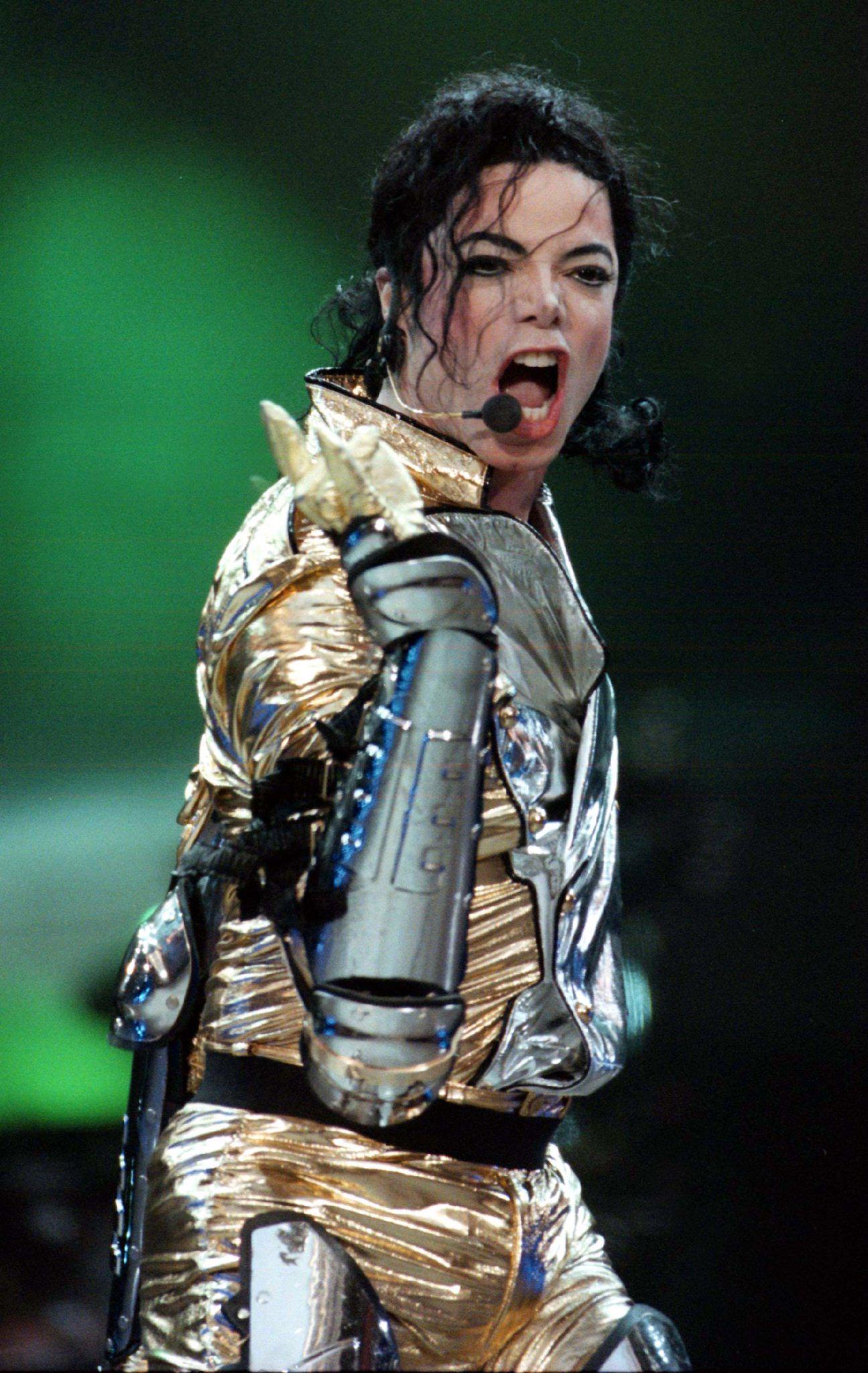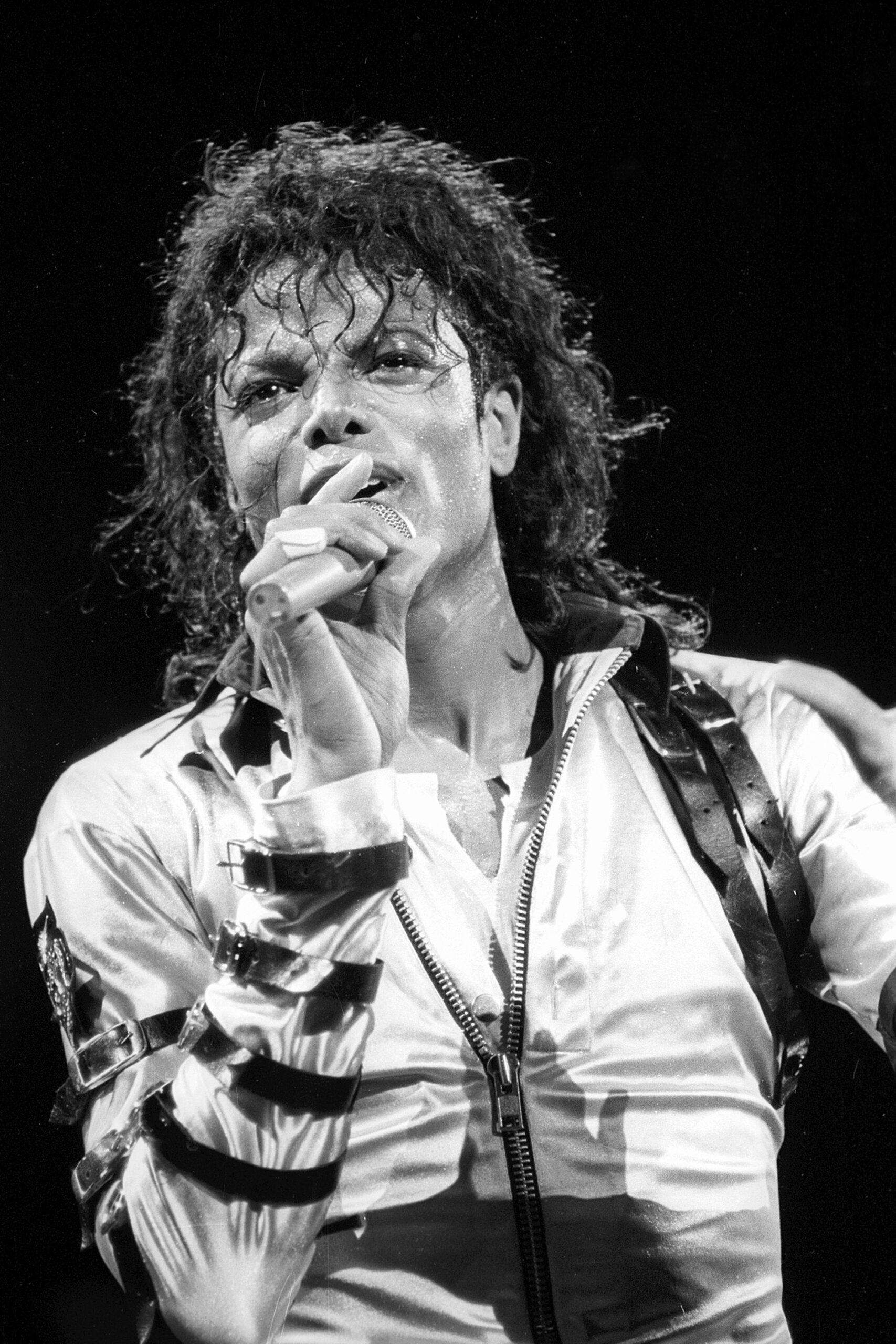Michael Jackson Went Two Months Without Real Sleep Before He Died
By Favour Adegoke on November 17, 2021 at 8:10 AM EST

Also known as the King of Pop, Michael Jackson is regarded as one of the greatest icons in music history. The musical entertainer started his career at age five with the Jackson 5 group, then went solo at age 13. His solo career was a worldwide success, as he topped charts home and abroad with songs like "Thriller," "Billie Jean." and "Bad."
The pop icon died in 2009 due to a drug overdose. Around that time, Jackson almost set a world record for the most successful concert run.

He ended up setting another record that may have contributed to his early demise. In 2009, Jackson was suffering a bad case of insomnia and met with his physician, Conrad Murray, for help.
Murray administered Propofol infusions for two months on Jackson. This is something that had never been done, according to sleep expert Charles Czeisler. Jackson broke the record for the only human to go two months without REM (Rapid Eye Movement) sleep, leading to his death.
Charles Czeisler The Sleep Researcher
This American physicist and sleep researcher graduated from Harvard college in 1974. He studied Biochemistry and molecular biology and got a Ph.D. in neuro- and bio-behavioral sciences and an M.D from Stanford University.
Due to his research findings, the physician received numerous awards and recognition throughout his career.
Czeisler devoted 49 years of his life to research sleep medicine and how the circadian rhythm operates. His work was so pivotal to the study that the sleep researcher returned to Havard as a lecturer.
For his study, Czeisler worked with people who had severe sleep issues and stayed in a high-stress environment. He has also worked with notable names like the U.S. Air Force, the CIA, Secret Service, Portland blazers, and The Rolling Stones.
What Happened To Michael Jackson?
The sleep expert was called to testify at the wrongful death trial of Jackson, and he had some insightful things to say. According to him, the pop icon was exhibiting symptoms similar to someone who had sleep deprivation over a chronic period.
Emails among show producers and the testimony of his choreographers, hairstylist, and chef showed that the singer had problems remembering lyrics of his songs, doing standard dance steps, was paranoid, and kept talking to himself and hearing voices. He even suffered from severe weight loss.
After reviewing these, Czeisler testified that those symptoms were typical for someone who suffered sleep deprivation. The administered Propofol disturbs the normal sleep cycle and doesn't offer the necessary REM sleep. However, the patient wakes up feeling refreshed, like someone who experienced genuine sleep.
"It would be like eating some sort of cellulose pellets instead of dinner," Czeisler said. "Your stomach would be full, and you would not be hungry, but it would be zero calories and not fulfill any of your nutrition needs."
Sleep Deprivation Would Have Killed Jackson Even If He Hadn't Overdosed
According to Czeisler's testimony, if Jackson hadn't died of a surgical anesthetic overdose on June 25, 2009, he would have been killed by lack of REM sleep days later.
He explained that rats die within five weeks of no REM sleep. An experiment was never tried on a human until Murray administered Jackson's 60 days of nightly propofol infusions.

Czeisler estimated that if Jackson had continued living, he would have died on his 80th day of the infusions. Jackson's physician Murray told the police that he had administered the drug on the pop star for 60 days but tried to wean him off it three days before his death, on June 22, 2009.
The sleep consultant testified that someone who hasn't gotten REM sleep for long becomes paranoid, anxious, unable to learn, depressed, distracted, and sloppy. The patients then lose their appetite and balance, their physical reflexes become ten times slower, and their emotional responses increase ten times.
These symptoms are very similar to the emails and testimonies that described Jackson's behavior before he died.
Conrad Murray's Trial
Jackson died at the age of 51 while preparing for "This is it," his comeback tour. According to reports, the excess Propofol in his system triggered a cardiac arrest that led to his death.
Propofol is mainly used as an intravenous anesthetic during surgical procedures, and it isn't commonly given at home because it could require resuscitation. Murray administered 50 mg to Jackson each night, then lowered it to 25 mg and mixed it with other prescriptions to wean Jackson off it.
Murray was sentenced to four years of jail time for involuntary manslaughter on November 29, 2011. On December 4, 2011, he appealed the decision.
The physician was released on October 13, 2012, but he lost his license to practice medicine. His appeal continued, but on January 15, 2014, it was finally decided that the conviction wouldn't change. Murray was released after spending two years out of his four-year sentence.